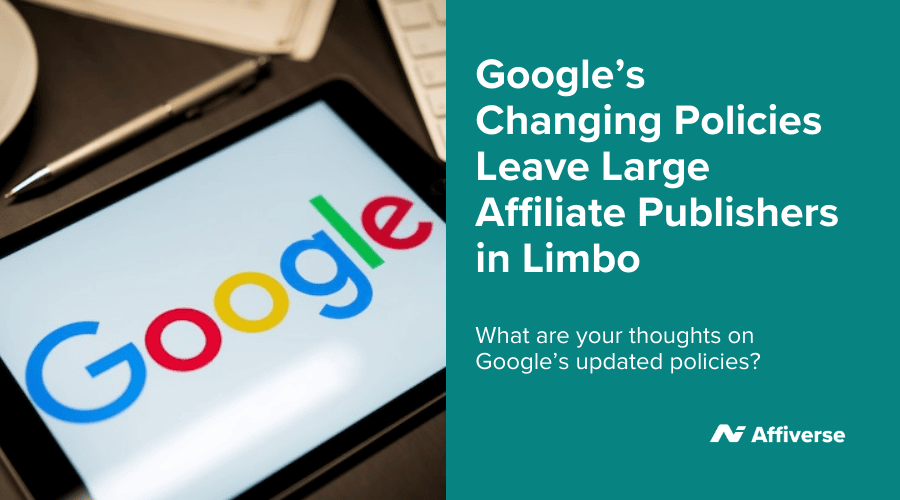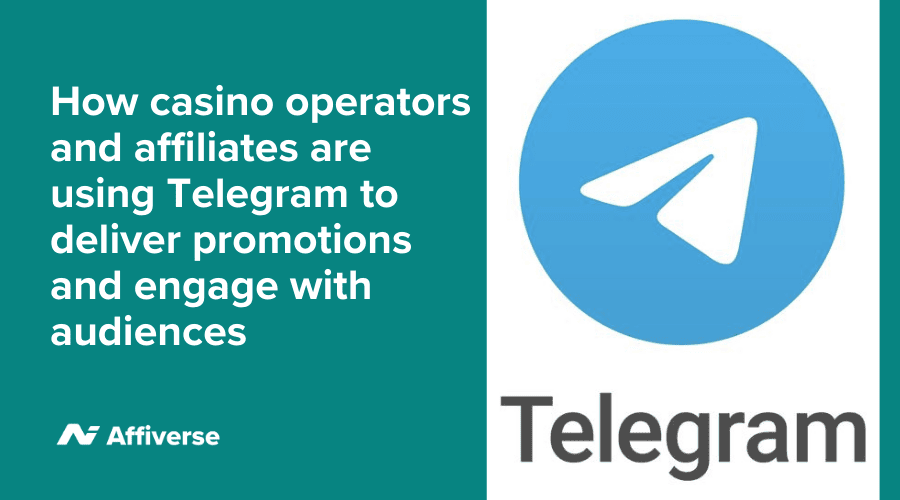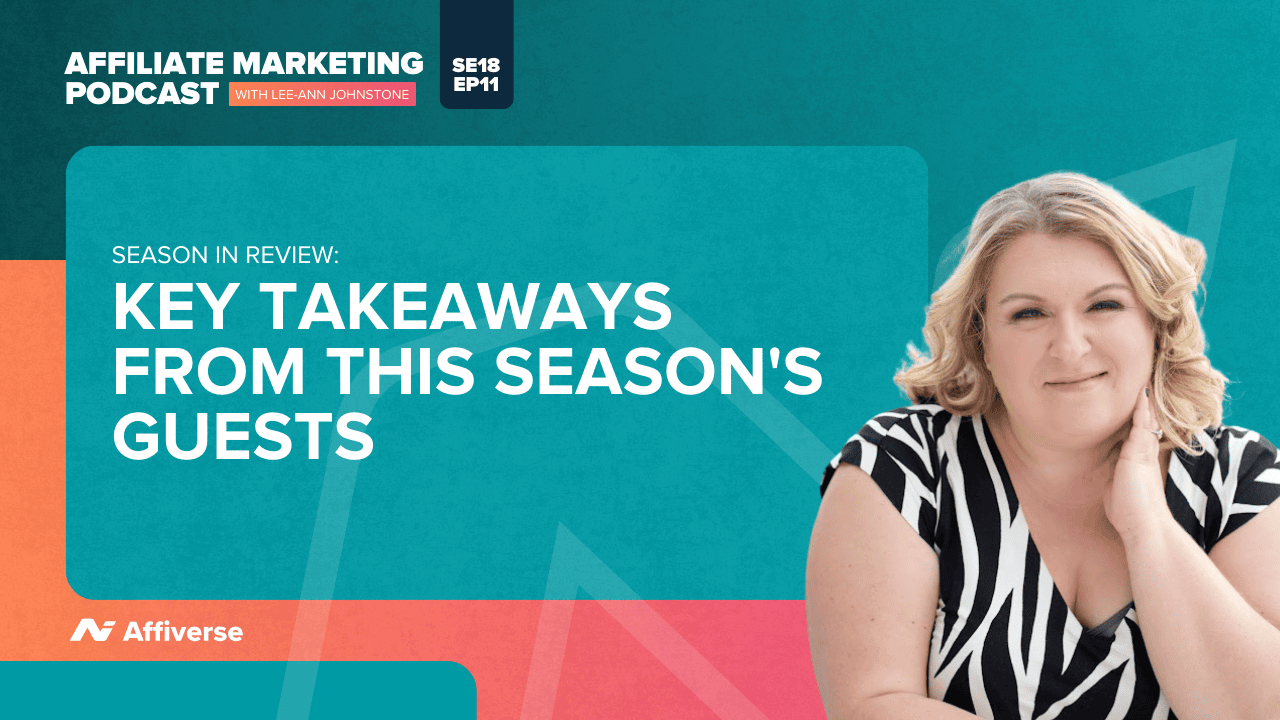In a move that has sparked widespread concern among publishers, Google recently updated its guidelines under the Site Reputation Abuse (SRA) policy, creating significant challenges for sites relying on affiliate content. This change, which redefines acceptable practices for third-party or sponsored content, has left many publishers questioning the fairness and consistency of Google’s enforcement.
A Shifting Landscape
When Google introduced the SRA policy in March, it gave websites eight months to prepare for compliance. However, last week’s abrupt update introduced a stricter stance, effectively banning any degree of first-party involvement in producing affiliate or sponsored content. This includes content written in-house by full-time staff, which has traditionally been viewed as a safeguard against penalties.
Now, even original staff-created articles such as “best credit cards,” “top mortgage rates,” and “Black Friday deals” are under scrutiny if deemed promotional or sponsored. These are not outsourced pieces with hidden affiliations; rather, they are produced directly by the publications themselves. Yet, Google’s latest policy appears to target the nature of affiliate content itself, rather than how it is created.
Rejection of Reconsideration Requests
Initial reports indicate that publishers seeking to clarify their compliance have had their reconsideration requests rejected. Even when explaining that their affiliate content is original and written by their own staff, these appeals have largely been dismissed, leaving many to wonder if their efforts to meet Google’s standards were in vain.
Inconsistent Enforcement
Adding to the confusion, not all sites with similar affiliate content have faced penalties—at least not yet. This has created an atmosphere of uncertainty, with publishers left to speculate whether their websites will eventually be flagged or escape enforcement entirely. The inconsistent application of the guidelines raises critical questions about what qualifies as “abusive” third-party content and why certain publishers seem exempt from scrutiny.
Industry Concerns
The fallout has industry professionals questioning Google’s approach:
• Why are some publishers penalized while others with similar content remain unaffected?
• What exactly constitutes “abusive” affiliate content under these new rules?
• How will these changes affect the broader affiliate marketing landscape?
The lack of transparency has created a significant burden for publishers, who are now navigating a system that feels both unpredictable and unfair.
What’s Next?
For publishers reliant on affiliate content, the implications of these changes could be far-reaching. Many are bracing for a potential domino effect as Google continues to enforce its updated policy. At the same time, industry professionals are calling for greater clarity and consistency in how these rules are applied.
As the dust settles, one thing is clear: this marks the beginning of a complex and contentious chapter in the relationship between publishers and Google. For now, the affiliate content industry must prepare for more challenges—and perhaps more questions than answers.
What are your thoughts on Google’s updated policies? Have you or your business been impacted?
Share your news with us at [email protected]




















